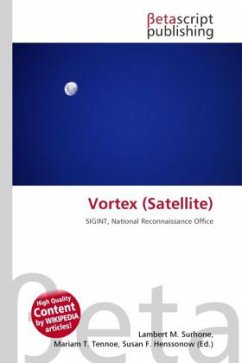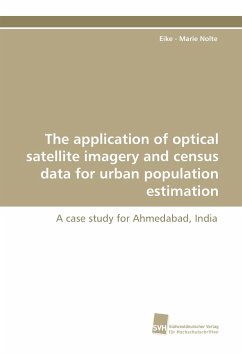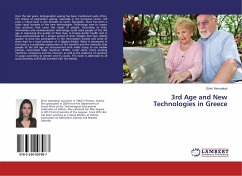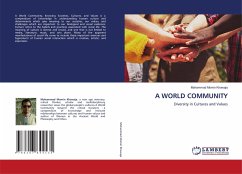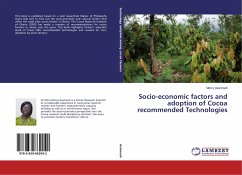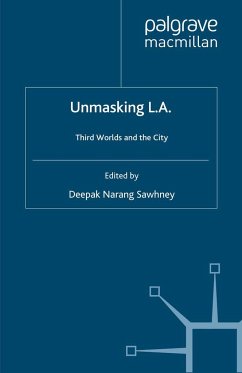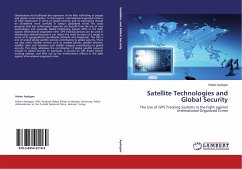
Satellite Technologies and Global Security
The Use of GPS Tracking Systems in the Fight against International Organized Crime
Versandkostenfrei!
Versandfertig in 6-10 Tagen
55,99 €
inkl. MwSt.

PAYBACK Punkte
28 °P sammeln!
Globalization has facilitated the expansion of the illicit trafficking of people and goods across borders. In this respect, international organized crime is of high importance in terms of global security, and its importance should be considered more carefully in today's globalized world. This study proposes that law enforcement agencies can benefit from the use of new technologies and especially Global Positioning System (GPS) in the fight against international organized crime. GPS tracking devices can be used in monitoring criminals because it can detect the exact location of a target in term...
Globalization has facilitated the expansion of the illicit trafficking of people and goods across borders. In this respect, international organized crime is of high importance in terms of global security, and its importance should be considered more carefully in today's globalized world. This study proposes that law enforcement agencies can benefit from the use of new technologies and especially Global Positioning System (GPS) in the fight against international organized crime. GPS tracking devices can be used in monitoring criminals because it can detect the exact location of a target in terms of its geographical coordinates (latitude and longitude). The GPS is one of several global satellite services contributing to global security. There are also other satellite services such as satellite phone, satellite internet, satellite radio and television and satellite imagery contributing to global security. This study addresses the contribution of global satellite network services to global security. In particular, it focuses on GPS based vehicle tracking systems, and their use by law enforcement officers in the fight against international organized crime.




